Introduction
Want to make your game nights more fun and stylish? A wooden chess made by you is the perfect way to add a touch of craftsmanship to your games.
In this tutorial, we’ll walk you step by step through everything about making a wooden chess. You’ll create a chess that’s not only functional but also a beautiful addition to your gaming setup. Gather your friends and enjoy the game like never before.
Machine Used
Thunder Bolt 30W
Material Needed
5mm Plywood
Settings
Engraving
- Speed:1,000mm/s
- Power:50%
- DPI: 300
- Number of Passes:1
Scoring
- Speed:100mm/s
- Max Power:15%
- Min Power:10%
- Number of Passes:1
Cutting
- Speed:10mm/s
- Max Power:80%
- Min Power:5%
- Number of Passes:1
Before your work begins
- Verify the lens is clean or there's no problem in the laser.
- Make sure the exhaust fan is working well.
- Ensure the air assist is on.
Step 1: Get the Wood Ready and Place the Wood on the Laser Bed
- Select a wood sheet suitable for laser cutting (e.g., 3–6 mm plywood). Place it flat on the laser bed. Secure it with pins or clamps so it doesn’t shift during cutting.
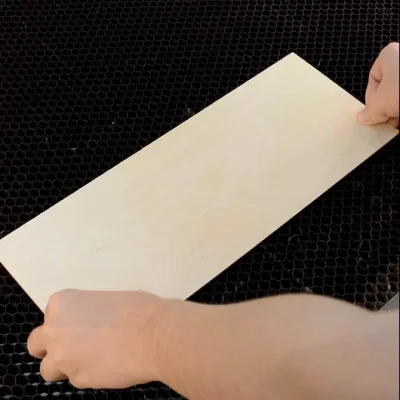
- Tips:
- There are three common types of pins: T-shaped, L-shaped, and F-shaped. A special use for F-shaped pins is clamping up the plywood to prevent burn marks. Be mindful of the height of the magnets and pins. If they are too tall, the sensor might hit them and become damaged during processing.
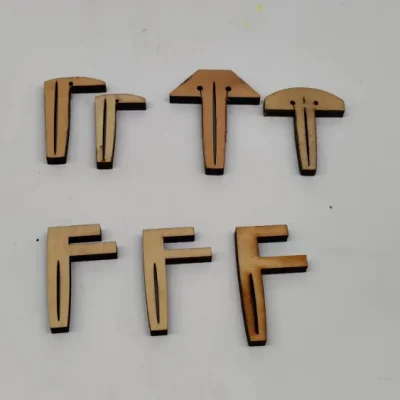
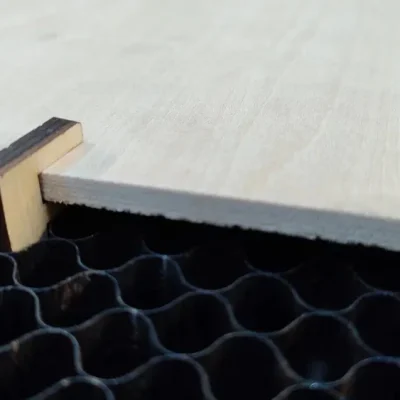
3 common types of pins
F-shaped pin usage
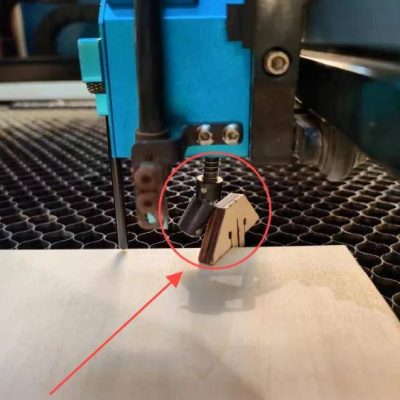
Sensor hits a too high pin
Step 2: Open the File and Check the Settings
- Import the wooden chess design in Lasermaker and check if your basswood size is large enough. Double-check everything, and decide if you want to add or subtract elements according to your preferences. For the laser cutting layers, pay extra attention to the power setting.
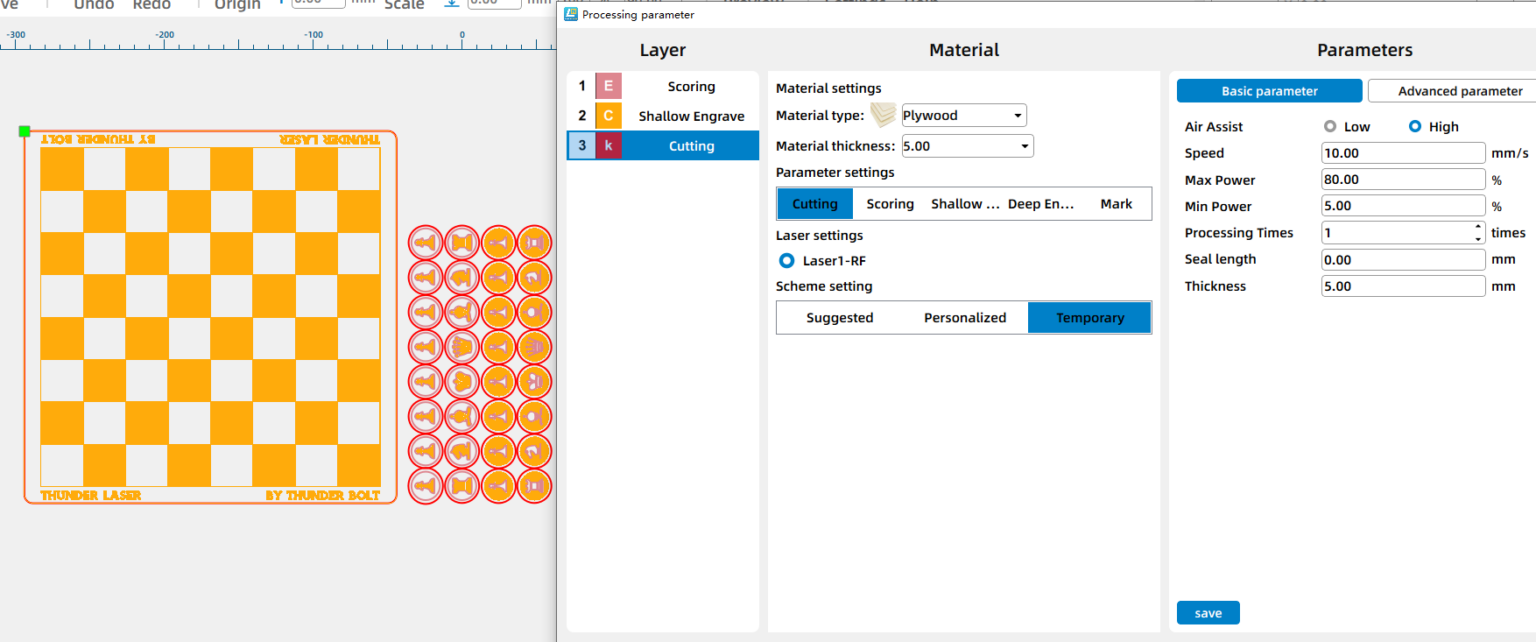
Step 3: Focus Your Laser Machine
- Proper focusing is essential for achieving crisp engravings and smooth cuts. If your machine supports auto focus, a single click will set the correct distance for flat wooden boards. If you prefer manual focus, use the focus stick to adjust the laser head until it just touches the surface of the wood at a perfect vertical angle. Spending an extra moment on accurate focusing will pay off with professional-looking results.
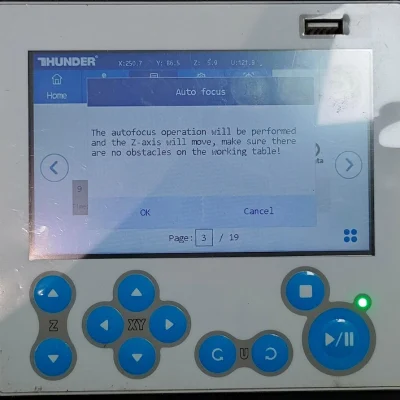
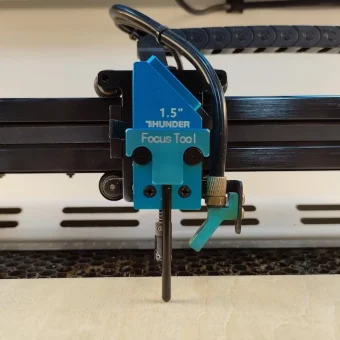
Auto focus
Manual focus
Step 4: Frame the Design and Start Laser Cutting
- Use the software’s “Frame” function to outline the engraving and cutting area. Make sure the projected frame matches your wood sheet.
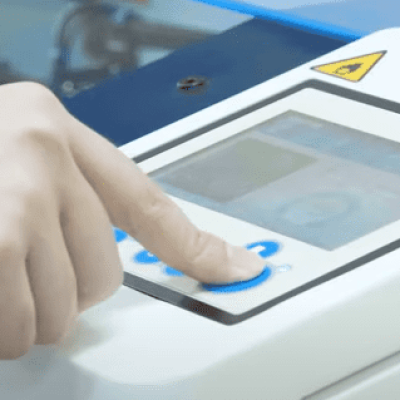
Step 5: Monitor the Laser Cutting Process
- Stay close to the machine while it’s running and watch the cutting and engraving progress. Keep an eye out for excessive smoke, small flame-ups, or any movement of the material that could affect the outcome. Make sure your workspace is well-ventilated, and rely on air assist if available to achieve cleaner edges on the wood.
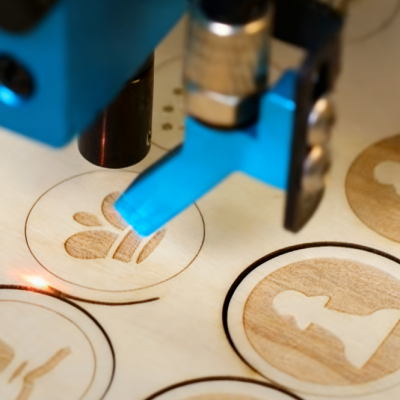
Step 6: Complete the Task
- Your wooden chess is ready to use now!
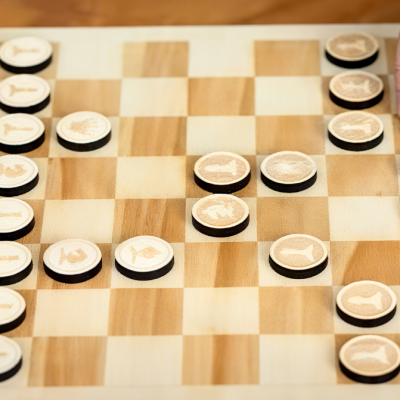
Come and Try!
- I’ve finished my wooden chess—now it’s your turn! Whether you stick with a classic design or add your own engraved patterns, every chess tells its story. Grab your wood, fire up the laser cutter, and see how creative you can get—you might just make the most talked-about accessory on the table.
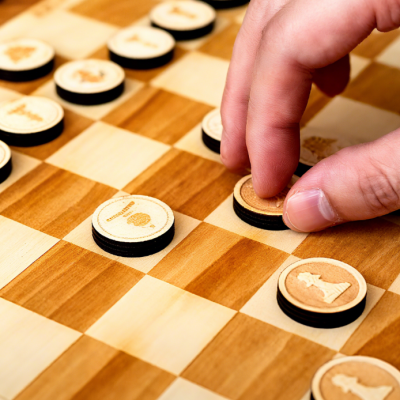


.png) International
International
 United States
United States
 Brasil
Brasil
 Canada
Canada
 Costa Rica
Costa Rica
 Mexico
Mexico
 Česká
Česká
 Romania
Romania
 Polska
Polska
 Ireland
Ireland
 Portugal
Portugal
 Lietuva
Lietuva
 Россия
Россия Deutschland
Deutschland
 Britain
Britain
 Україна
Україна
 France
France
 Sverige
Sverige
 Italia
Italia
 Norway
Norway
 Denmark
Denmark
 Ελλάδα
Ελλάδα
 한국
한국
 中国
中国
 ประเทศไทย
ประเทศไทย
 中国香港
中国香港
 Israel
Israel
 中國臺灣
中國臺灣
 India
India
 پاکستان
پاکستان
 پශ්රී ලංකා
پශ්රී ලංකා
 ジャパン
ジャパン
 Australia
Australia
 New Zealand
New Zealand
 South Africa
South Africa